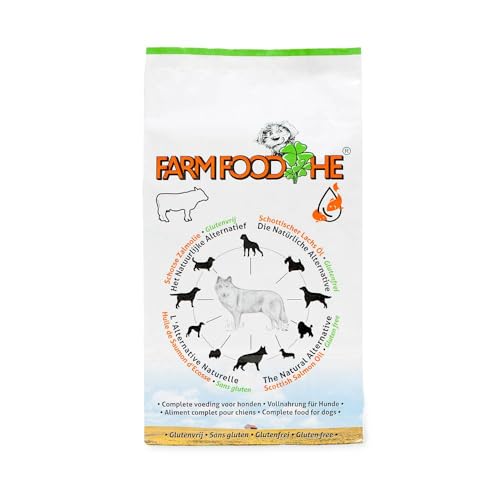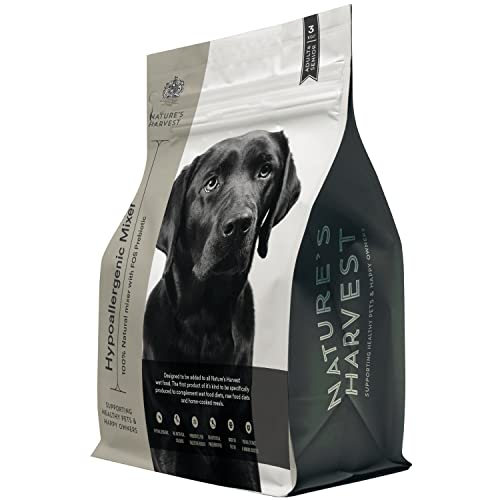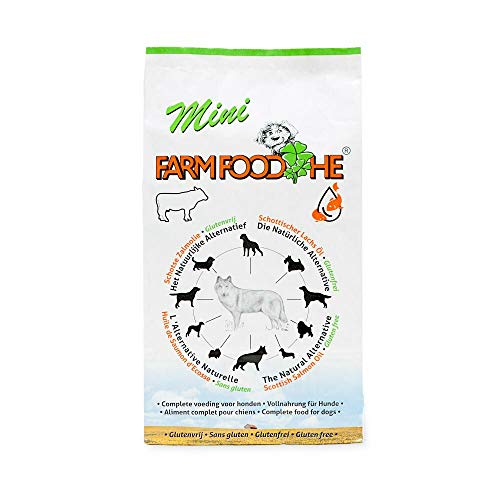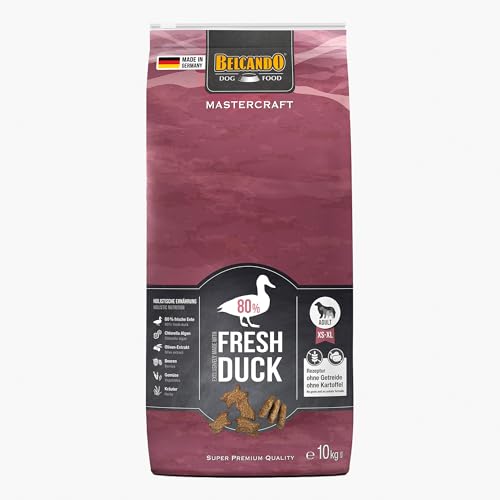Understanding Gluten-Free Dog Food: Why It Matters for Your Pet
What is Gluten-Free Dog Food?
Gluten-free dog food is specially formulated without gluten, a protein found in grains like wheat, barley, and rye. For some dogs, especially those with sensitivities or allergies to gluten, this type of food can help prevent digestive issues and promote overall health. Choosing gluten-free options might be essential if your furry friend shows signs of discomfort after meals, such as bloating or excessive gas.
Why Choose Gluten-Free?
Many pet owners are now considering gluten-free diets for their dogs. This is particularly relevant for breeds that are more prone to gluten sensitivity or allergies. By eliminating gluten from your dog’s diet, you’re potentially improving their digestive health, reducing inflammation, and enhancing their energy levels. In some cases, it may also assist in maintaining a healthy coat and skin.
Key Ingredients in Gluten-Free Dog Food: What to Look For
Quality Protein Sources
When selecting gluten-free dog food, look for high-quality protein sources as the primary ingredient. Options like chicken, lamb, or fish provide the essential amino acids your dog needs for muscle maintenance and overall health. It’s advisable to avoid dog food that lists meat by-products, as these are often of lower quality.
Healthy Carbohydrates
Instead of grains, gluten-free dog food will incorporate healthy carbohydrates such as sweet potatoes, peas, or pumpkin. These ingredients not only provide energy but are also rich in fibre, which aids digestion. Always check that the food includes whole-food sources rather than processed alternatives, ensuring the best nutrition for your pet.
Added Nutrients for Wellbeing
Look out for dog foods that include added vitamins and minerals essential for your dog’s health. Omega fatty acids for a shiny coat, probiotics for gut health, and antioxidants for immunity are all beneficial additives that can enhance the well-being of your furry friend.
Choosing the Right Brand: Our Top Recommendations
Reputable Brands to Consider
When it comes to gluten-free dog food, we recommend opting for brands that specialise in natural and holistic nutrition. Brands like Wellness, Blue Buffalo, and Taste of the Wild have established a reputation for high-quality ingredients without gluten. Each of these brands offers a variety of options tailored to different dietary needs, so you’re likely to find something perfect for your dog.
Understand Product Labels
It’s essential to read the product labels carefully. Look for transparency in sourcing and production, plus clear explanations of the ingredients used. The best brands will list all components on the packaging, helping you make an informed choice about what your pet is consuming.
How to Transition Your Dog to a New Diet: Step-by-Step Guide
Gradual Introduction
When introducing gluten-free dog food to your pet, do so gradually over the span of a week. Start by mixing a small amount of the new food with your dog’s current diet, gradually increasing the gluten-free portion. This slow transition helps prevent tummy troubles and gives their digestive system time to adjust.
Monitor Your Dog’s Reaction
As you make this change, observe your dog for any signs of discomfort or adverse reactions, such as vomiting or diarrhea. It’s crucial to ensure they are responding positively to the new diet. If you encounter any concerns along the way, consult your veterinarian for tailored advice.
Common Myths About Gluten-Free Dog Food: Debunking Misconceptions
Myth: Gluten-Free Means No Grains At All
A common misconception is that gluten-free automatically means the dog food contains no grains. In reality, not all grains are harmful to dogs, it depends on their individual tolerance. Gluten-free products often include grains like rice or corn that do not contain gluten, so read the labels to get a clear understanding.
Myth: Gluten-Free is Necessary for All Dogs
Many owners mistakenly believe that all dogs should be on gluten-free diets. In fact, if your dog has no sensitivities or allergies, a balanced diet that includes gluten may be suitable. It’s essential to evaluate your dog’s specific needs rather than following trends blindly.


























